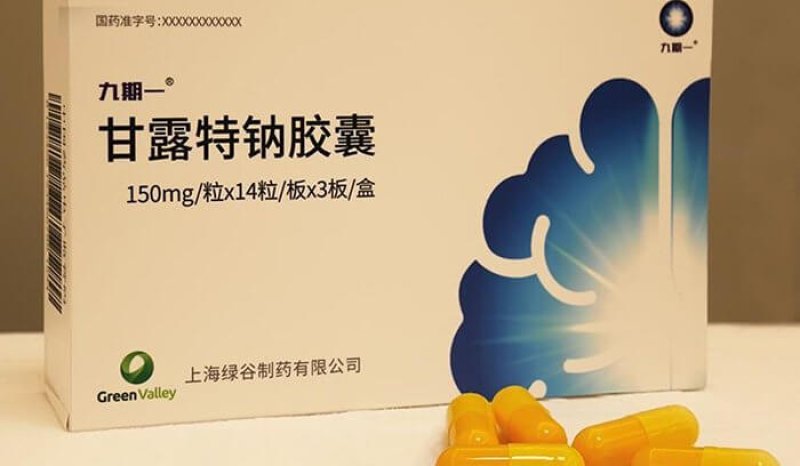China’s approval of the drug oligomannate earlier this month for treating mild to moderate Alzheimer’s disease has been met with surprise and skepticism from some members of the scientific community, who claim that the preclinical data raise questions about the underlying mechanism of the drug. One microbiome researcher has pointed out inconsistencies between the researchers’ data and their proposed mechanism for how oligomannate could treat Alzheimer’s.
…
Liping Zhao, a microbiome researcher at Shanghai Jiao Tong University and Rutgers University, says that not all of the paper’s data support the hypothesis that oligomannate reduces neuroinflammation by changing the gut microbiome. For example, bacteria called Desulfovibrionaceae, which produce an endotoxin that can increase inflammation, became more abundant in mice treated with oligomannate than in untreated mice.
…
A global phase 3 trial is in the works to further analyze oligomannate before it is approved in other countries. “We’re planning on [measuring] quite a few different biomarkers of blood . . . that cumulatively should help us understand the mechanism of [oligomannate],” says [neuroscientist Jeffrey] Cummings, who is assisting Green Valley with the design of the trial.
Read full, original post: Scientists Criticize Mouse Study of New Alzheimer’s Drug































